
Heart rate and Heart Rate Variability — work stress, whoop project
One of the great opportunities we have today is to not only understand how to maximize human performance and happiness, but also to become highly specialized. More and more technology and research is beginning to demonstrate what our bodies are doing in certain moments.
To that end, I thought it would be valuable to see how my body reacts in certain situations, and in this case — stressful intense work encounters. This is important as our body cannot discern from physical work-out training and work stress. If you are seeking to live the longest possible and be free of chronic disease, you must manage the balance of stress in your body.
How to navigate stress to succeed and live a healthy life
That means, when work has you REALLY stressed you need to adjust your physical training, and vice versa. It also means our recovery is even MORE important.
When work stress is PEAKING; athletic training MUST lower to timed work:rest pieces and or low-moderate intensity across longer time domains
When we are straining our nervous system by work (work stress stemming from deadlines, poisonous people, or just imminent exciting launch dates) stress or physical training (hard training sessions) — RECOVERY must be priority, which is achieved through sleep above 8 hours + mindfulness.
Failure to keep these stresses in balance and recovery dialed in will guarantee sickness, failure, chronic disease later in life, and a lack of love for what we do professionally.
My intent is to share here my readings of deeply stressful work moments. I am currently practicing different recovery protocols as a result to optimize both my performance both at work and in training. Insights are still emerging, but that is the point. I am currently applying science journal research, training protocols I am deep in from my history of competing in nearly 10 Ironman races, and sharing to gain more feedback.
How stressed are you on that work emergency?
Recently I noted a few moments when I was really engaged in hard work moments. These were generally phone calls and a few in person moments. I screenshot the moments after they happened, as I was surprised to see how my heart rate was behaving. At the end of the day you can also see my heart rate variability took a HUGE hit from this stress:
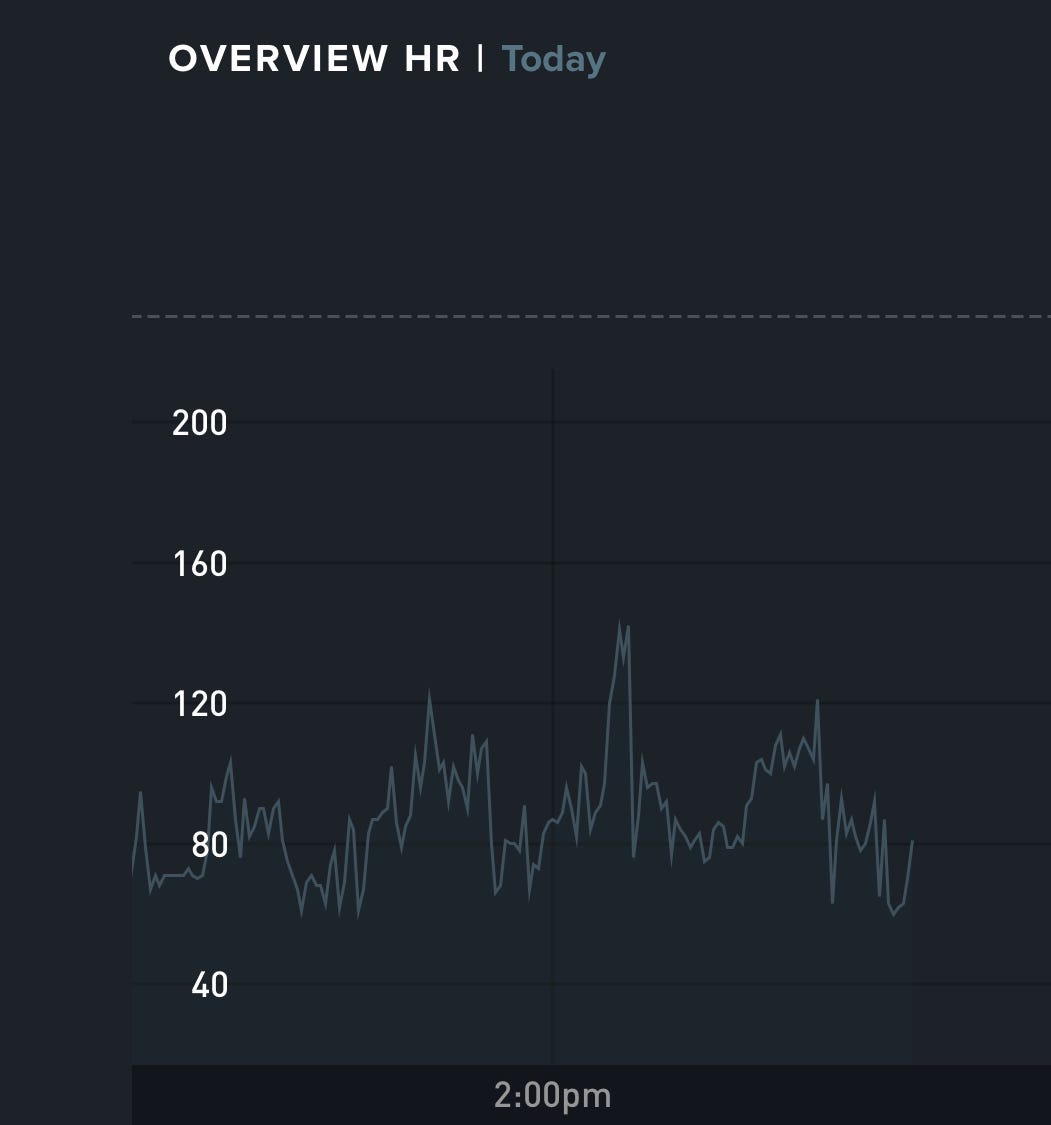
Note, I was sitting still in these high heart rate windows, and my HRV took a massive deviation from the norm on this day. In fact, I was so stressed that I actually slept massively poor — which lead to an even harder day Thursday which naturally became a recovery day (I was so drained from only getting 5 hours of sleep that my body was forced to rest).
Note the massive shift in the HRV on this day (which involved stressful discussions during the day and then a hard evening)
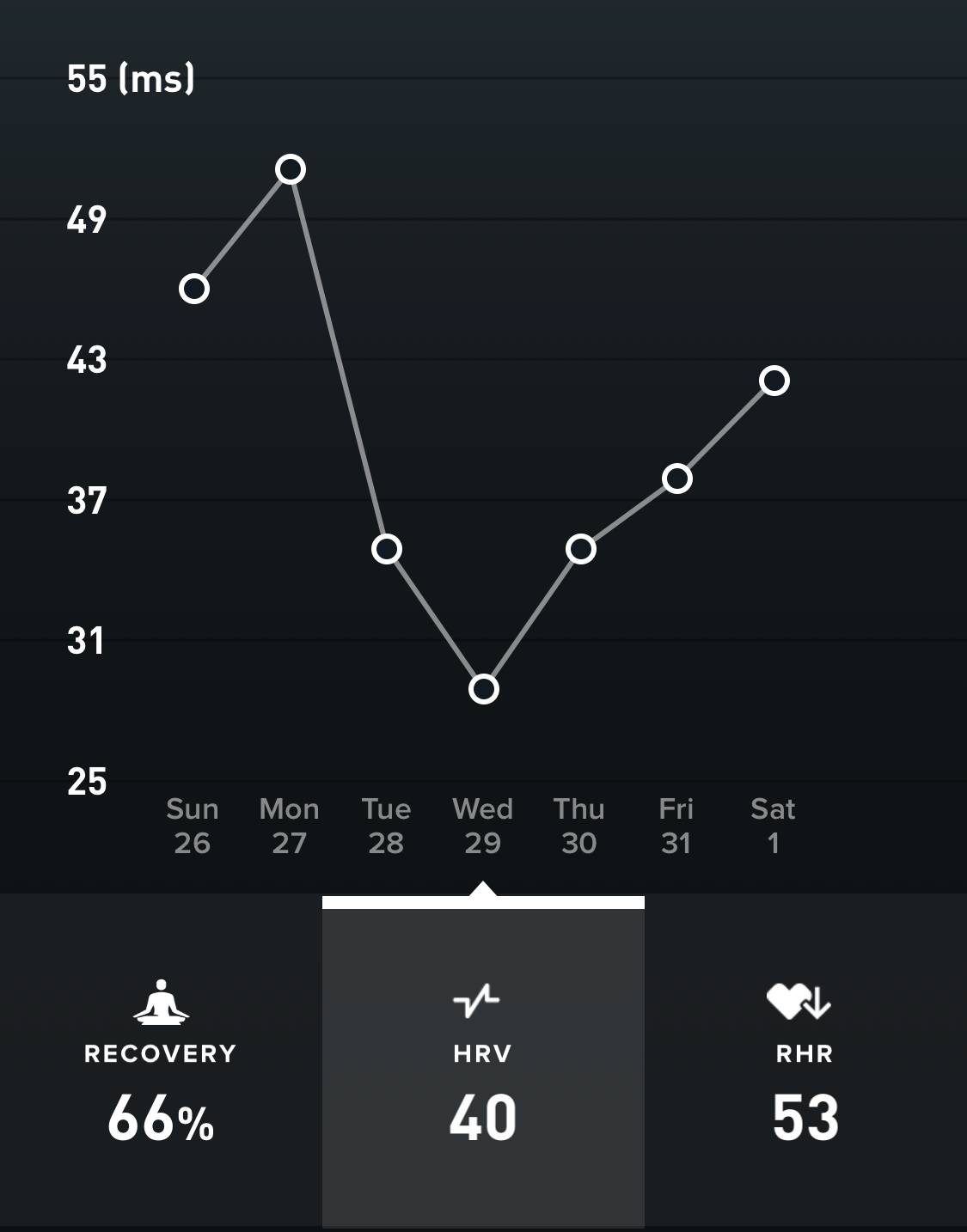
For baseline, here is my heart rate working on emails and writing from today
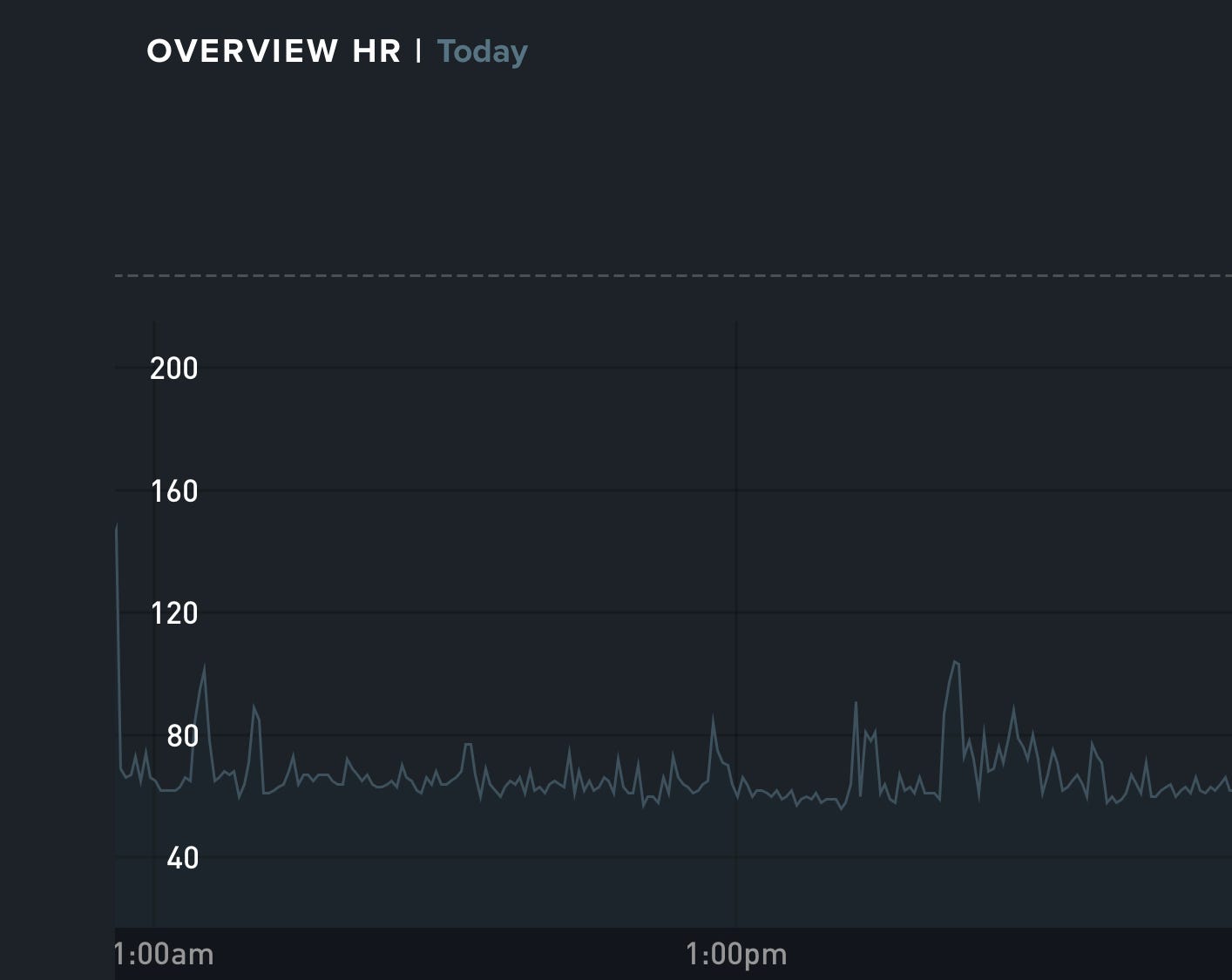
This isn’t just data
This is me. This shows the stress and strain that work stress puts on any person in these roles. I am deeply focused on providing value in these engagements and it is startling to see how my central nervous system, heart, and simply the stress is manifesting in my body.
Clearly this isn’t good, or sustainable. The stress is so high at the moment, that one of my peers was hospitalized the same week. Stress at work isn’t a feeling it is a force our body responds to. As leaders, we MUST balance our people int these times and set a framework to achieve goals while a healthy life.
If your people are burning out and hospitalized, something and someone must be changed.
The numbers show an interesting story.
What else can this data unlock?
How can I improve my health and be a better partner in my enterprises?
What impact does this have on me generally?
What questions do you have regarding your health and these enjoyable yet clearly stressful areas?
I find this incredible and an opportunity. Specific areas I am examining:
- The impact of stress on work place professionals using Heart Rate Variability (HRV)
- Signals and recovery protocols that allow professionals (corporate, police officers, military, and service professionals) to detect early the symptoms of strain and make recovery protocols
- Sleep and stress from corporate work and the bodies reactions
- How to detect and change the flight / fight state of your nervous system
If this was valuable, please comment and share
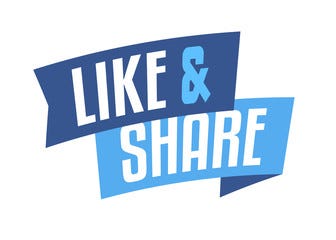
As usual, if you liked this article, please support me by clicking LIKE and share it with your own feed! This is the best possible way that you can support me and my pursuit to share my insights, ideas, and research. If anyone has anything to add or comment on in this article, please feel free to share it with everyone below in the comments section! Learn more about me at my homepage at www.jamesdeluccia.com, LinkedIn, follow me on Twitter @jdeluccia, and soon listen on my podcast and Alexa skill briefings in the coming weeks!
About Me
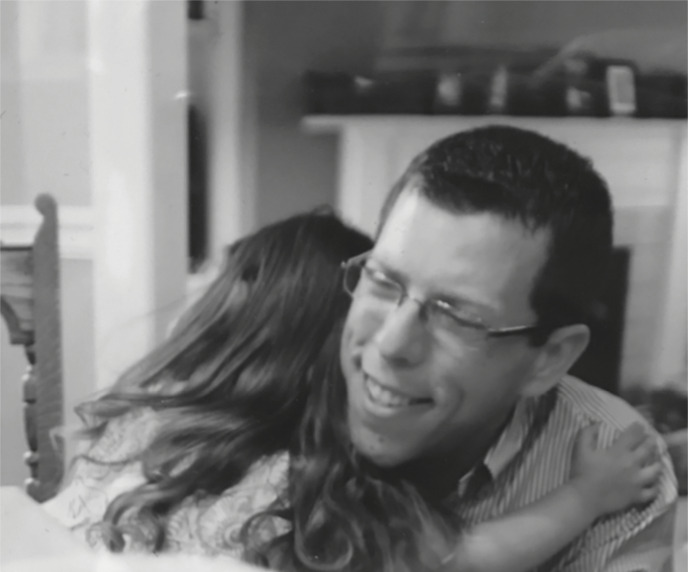
I am a father, study of human behavior, strategist, cybersecurity veteran, and a coach and mentor on a journey to give more than I receive everyday. I lead teams globally, build products, and daily an executive for a leading company where I serve the largest companies in the world using the largest cloud deployments in the world impacting the financial services, healthcare, and fintech industries. I provide these publications and content through my media agency to deliver insights and advantages. Mindset, mental strength, mentorship, personal improvement, health, fitness, and humanist ideas are drawn from personal research and practice. Everything read and heard is my original works and my own perspective. All rights reserved for noted authors and sources. I produce research and strategy, as well as provide advisory services that include inquiries, briefings, consulting projects, and presentations on published findings as well as bespoke speaking engagements where I often keynote at conferences, seminars, and roundtables annually.